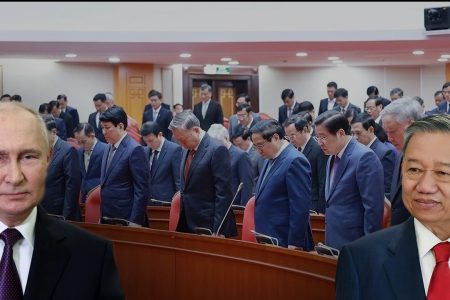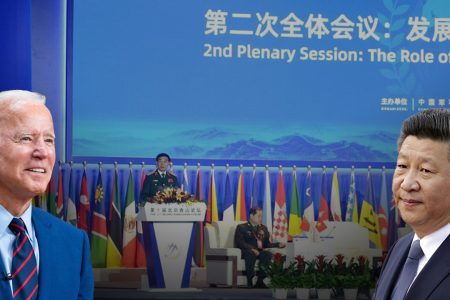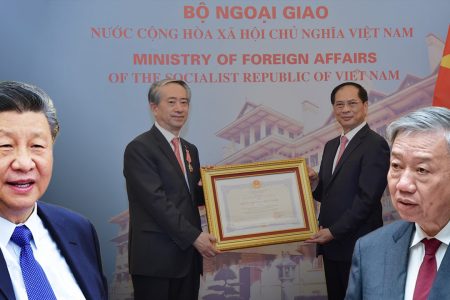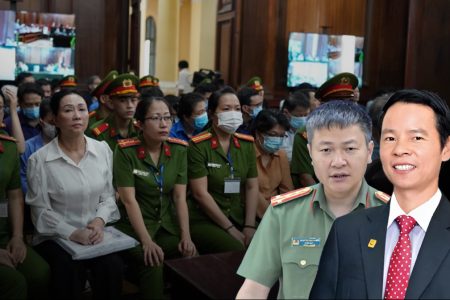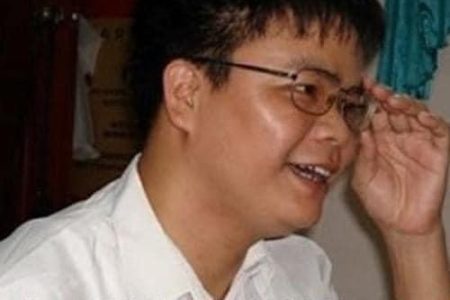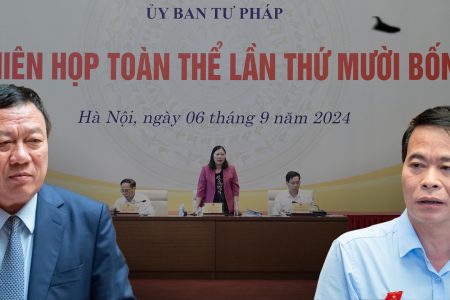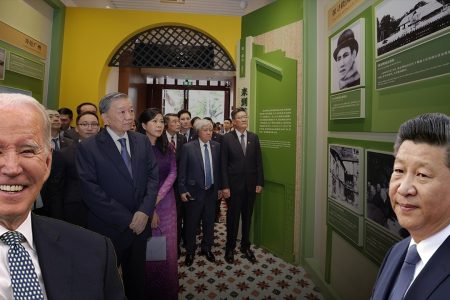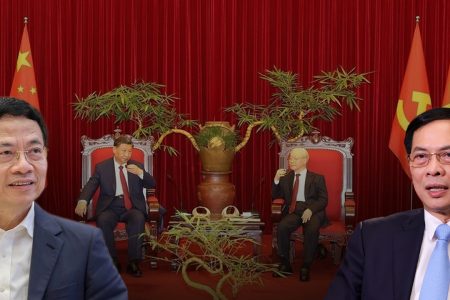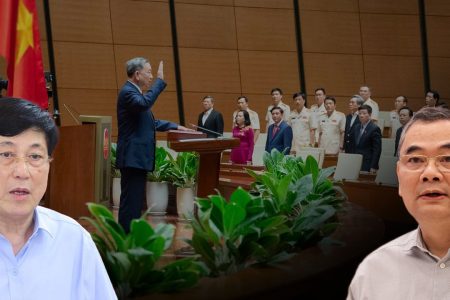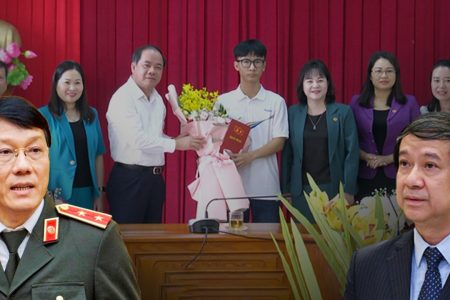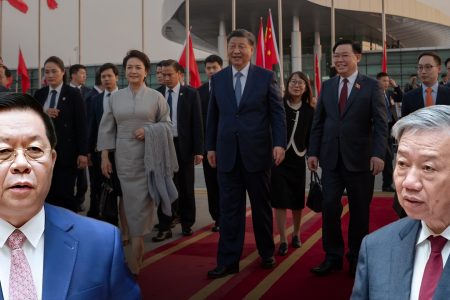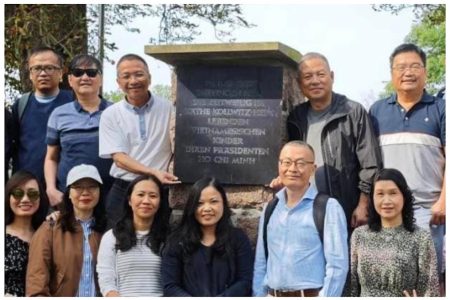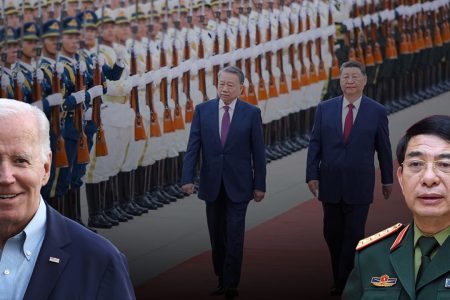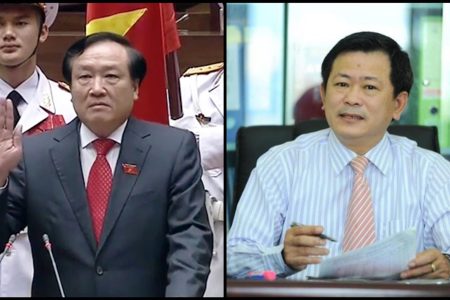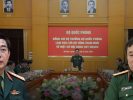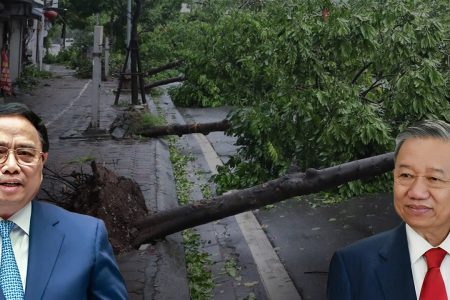Yagi storm has caused flooding in 20/25 provinces and cities in northern Vietnam. As of the evening of September 15, the hydrometeorological agency said that Yagi had killed 292 people, 38 people were missing, and 1,908 people were injured. In addition, more than 168,000 houses were damaged, and tens of thousands of hectares of farmland were flooded, causing severe damage.
Immediately, in addition to international support, state organizations, along with private charitable organizations, quickly mobilized resources to help people in disaster-hit areas.
It is known that the Vietnam Fatherland Front Committee has mobilized more than VND1 trillion ($40 million) in contributions. Notably, unlike previous years, this agency immediately announced the “statement” of revenue sources. Most recently, the “statement” of expenditures for provinces and cities has also begun to be made public.
However, the mobilized material resources cannot meet the current huge demand for support. On social networks, there have been opinions suggesting that the Government use the money from the Vaccine Fund, mobilized during the Covid-19 pandemic, with an amount of more than VND3 trillion, currently deposited at commercial banks.
According to the article “How is the more than VND3.1 trillion of the Covid-19 Vaccine Fund being managed?” published in the An Ninh Thu Do newspaper on July 23, the total balance of this fund, as of the end of June 2024, was VND3.14 trillion.
According to the State Treasury, that fund is being deposited at commercial banks. The authorities are studying the plan to report to the competent authority to terminate the operation and dissolve the fund.
The Covid-19 Vaccine Fund was established under Decision No. 779/QD-TTg of the Prime Minister, dated May 26, 2021. The Fund Management Board has also been established and organized to make term deposits at commercial banks, following the principle of competitive interest rates, ensuring publicity and transparency in accordance with regulations.
The total amount of money mobilized by this fund is nearly VND11 trillion; more than VND7. 6 trillion has been spent, buy vaccines and support vaccine research and testing.
The remaining amount is being deposited at 4 commercial banks, including Vietcombank, VietinBank, BIDV, Agribank, and the State Bank, with interest rates of 3.3%/year and 3%/year, respectively for 3-month and 1-month deposit terms. Up to now, the interest is more than VND176 billion.
However, regarding the state’s mobilization of contributions to the Covid-19 Vaccine Fund, or the Disaster Relief Support Fund, many controversial issues have arisen.
Many opinions say that the Vietnamese Party and State always advocate relying on the people’s strength, in other words, the government finds every way to squeeze the people’s strength. Moreover, calling on school-age children to participate in contributing to the Charity Fund is truly unreasonable.
If calling for contributions, only those who are of working age and have jobs should be called on, but calling on children who are living with their parents is extremely offensive. Now is the time when people need the state to help, so where do they get the money to contribute according to their daily salary? Is it possible that the state wants to squeeze every last penny from the people’s pockets?
The state’s responsibility is to take care of the people, because the people have paid their taxes to the state. In other countries in the world, there is absolutely no government standing up to mobilize the people, for such a reason.
The calling and mobilization is the work of non-governmental organizations, or civil society organizations, on the principle that “any problem that the private sector can handle, the state will not participate.”
According to international observers, the current Vietnamese Communist Party has been operating a state capable of mobilizing human and material resources in a tricky, sophisticated way that the people cannot imagine.
Tra My – Thoibao.de




